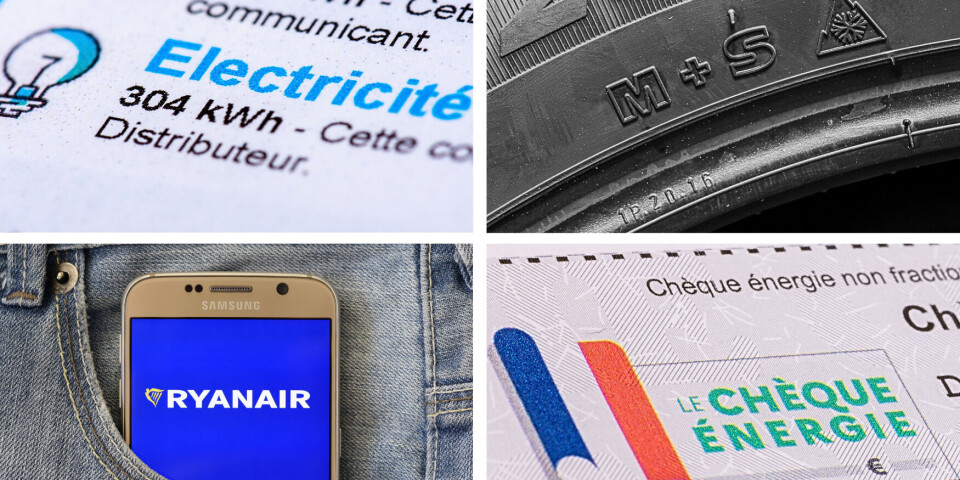Dover port pauses EES border check rollout for car travellers
Port says it is ready but it is awaiting go-ahead from French authorities
The system was expected to be expanded on November 1 under original plans
Pandora Pictures/Shutterstock
Plans to expand the Entry/Exit System at the Port of Dover to car travellers have been paused. The port says it is awaiting approval from the French authorities despite previous statements that the checks would begin on November 1.
Over nine million passengers and around 1.3 million cars each year pass through the port, which links with Calais, Dunkirk and Belgium. Concerns over the possibility of long queues due to the launch of the new digital checks have been raised many times.
Entry/Exit System (EES) procedures came into force at Dover on October 12 – the day the system launched – however so far they have only applied to coach and foot passengers as well as lorry drivers.
The port previously reported plans to start registering car passengers on Saturday November 1. However, prior to the weekend it confirmed that was put off for now.
The port’s chief executive Doug Bannister said in a statement: "Following the successful go-live for coaches and freight on October 12, we continue to work closely with our French technology provider and border authorities towards starting the EES process for car passengers.
"Whilst Port of Dover’s facilities will be ready for November 1, we are being guided by French authorities as to when we will activate. We have asked for a minimum of two week’s notice to start in order to give us time to inform travellers and install the necessary signage.”
As of today (November 3), the port confirms that this is the latest available information.
The Port of Dover's website states that “From November 2025: The system will be extended to all other traffic”, but does not give a precise date.
A spokeswoman said that "all coaches are visiting the Western Docks for the new EES process, along with foot passengers"; the port is also processing freight drivers in the Eastern Docks.
Dover has previously stated that, when these checks do come fully into force, processing time for cars through the border could take up to six times longer due to the extra steps required to register passengers into the EES.
It is hoped, however, that once people are fully registered in the system subsequent Schengen area entries and exits will be quicker.
Car passengers will need to leave their vehicles to use new kiosks in the port’s western docks area to scan their passports, and when in place, have biometric details taken, using newly-installed kiosks.
They will then drive to the eastern docks for final manual checks.
The aim of pre-registration kiosks is for travellers affected by EES to be able to enter all the information required by EES themselves, with only a quick final verification being carried out at the border guard’s desk.
The kiosks will scan passports and take information from it via the passport’s chip (name, date of birth, nationality etc). In due course they will also take a scan of travellers’ fingerprints and a facial image.
On subsequent visits travellers will still need to go to the kiosks but the process is expected to be quicker.
Kiosks can also ask ‘travel questions’, such as whether the person has enough funds for their trip, but these can be turned off if liable to cause longer queues and it is expected that they will not be used at Dover during the six-month ‘phase in’ period for EES, which ends on April 10.
The port states on its website that initially it expects rollout for travellers to be limited to collection of passport information, with biometric details (fingerprints and facial photos) following later.
Dover is one of the three border points in the UK where EES regulations will apply due to arrangements for French checks to take place on UK soil. The others are Folkestone for Eurotunnel and the London St Pancras Eurostar terminal.
Several border points in France, including airports and ports, have yet to implement the system.
EES applies to non-EU passengers including the UK travelling to countries within the EU Schengen zone. It is the nationality of the passenger that counts, not where they are travelling from.
A phased entry of the system means that full rules may not be enforced at all border points and for all affected travellers until April 10, 2026 (six months after the system began operation). It is then that the stamping of passports will end.
However, certain thresholds do have to be met, including 10% of all relevant border crossings being logged by mid-November and 35% of crossings by mid-January (and at least half of all French border crossing points operating EES by then).
Until mid-December, border points which have activated EES rules can opt to turn off biometric data capture, in a bid to reduce queues.
You can find more information about the rollout of the system in our dedicated portal here.
Have you recently travelled into the EU and been affected by the EES? Let us know about your experience via feedback@connexionfrance.com





























